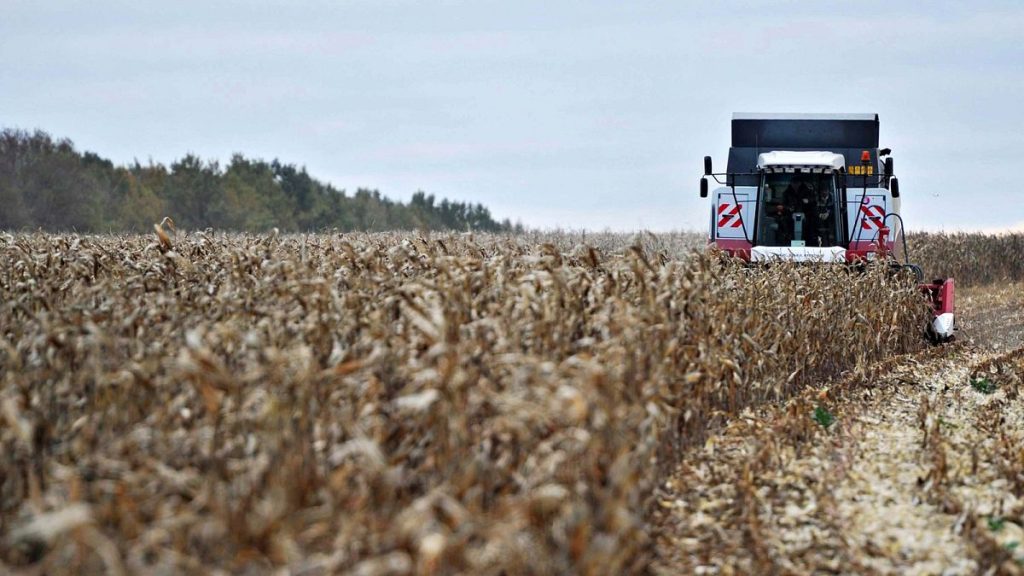The European Commission has proposed a significant increase in tariffs on Russian grain entering the EU common market. These tariffs would also apply to products from Belarus, a close ally of Vladimir Putin, to prevent any potential disruptions in the market. The proposal includes a €95-per-tonne tariff on Russian maize and wheat, as well as a 50% ad valorem duty on other products. The goal is to discourage purchases of Russian grain, which amounted to 4.2 million tonnes worth €1.3 billion last year. The Commission believes that Russia has the capacity to flood the market with low-cost cereals, potentially causing market turmoil.
The proposed tariffs are seen as a preventive measure, aimed at depriving Moscow of revenue and ensuring that grain stolen from Ukraine’s occupied territories does not reach European customers. While European companies would still be able to trade Russian and Belarussian grain, the steep tariffs would make it financially impractical. The proposal exempts cereals transiting through the EU to other countries. The plan needs approval from member states through a qualified majority vote, and was developed following a meeting of EU leaders in Brussels. Commission President Ursula von der Leyen stated the proposal aims to prevent destabilization of the EU market by Russian grain and to prevent illegal exports of stolen Ukrainian grain.
The issue of Russian access to the European agricultural market has become a contentious topic during the war in Ukraine. Initially, Russian troops blockade the Black Sea, preventing Ukraine from using its traditional trade routes. In response, the EU created solidarity lanes for Ukrainian goods, exempting them from tariffs and quotas and providing alternative pathways. However, neighbouring member states, such as Poland, Hungary, Slovakia, Bulgaria, and Romania, raised concerns about the impact of duty-free Ukrainian grain on their local farmers. This led to unilateral bans on Ukrainian foodstuffs in some countries, creating tensions within the bloc.
Efforts by Brussels to resolve the dispute and extend the free-trade regime with Ukraine have been met with challenges. While a deal was reached to extend the regime until 2025 with additional safeguards for certain products, member states requested more time to review the agreement. The ongoing disagreements highlight the complexity of balancing the interests of different EU member states regarding agricultural trade. The proposed tariffs on Russian grain aim to further mitigate potential disruptions in the market and prevent Russian revenue from agricultural exports to the EU. The proposal is part of broader efforts to ensure stability in the EU market and prevent illegal trade practices.


